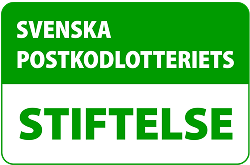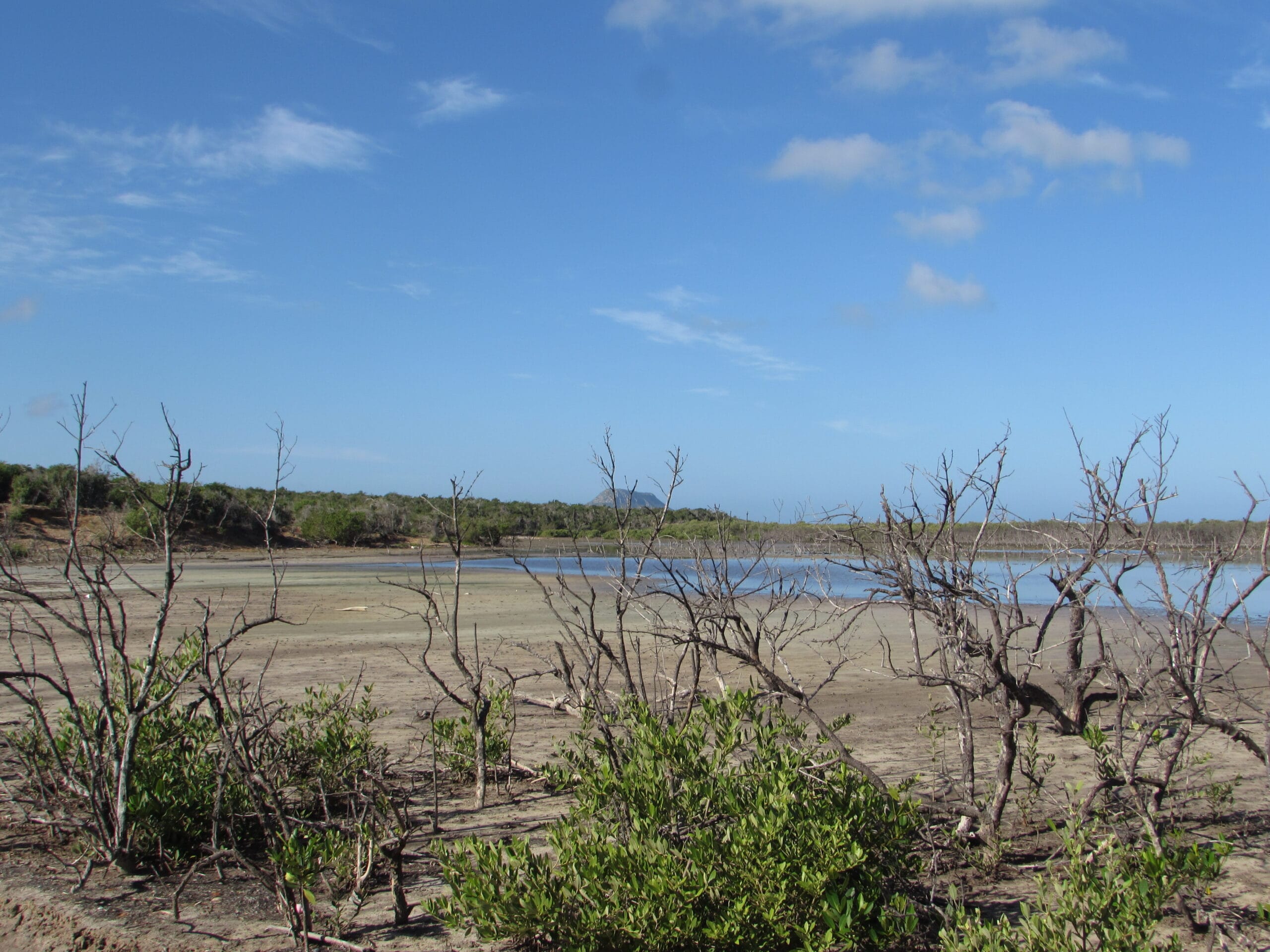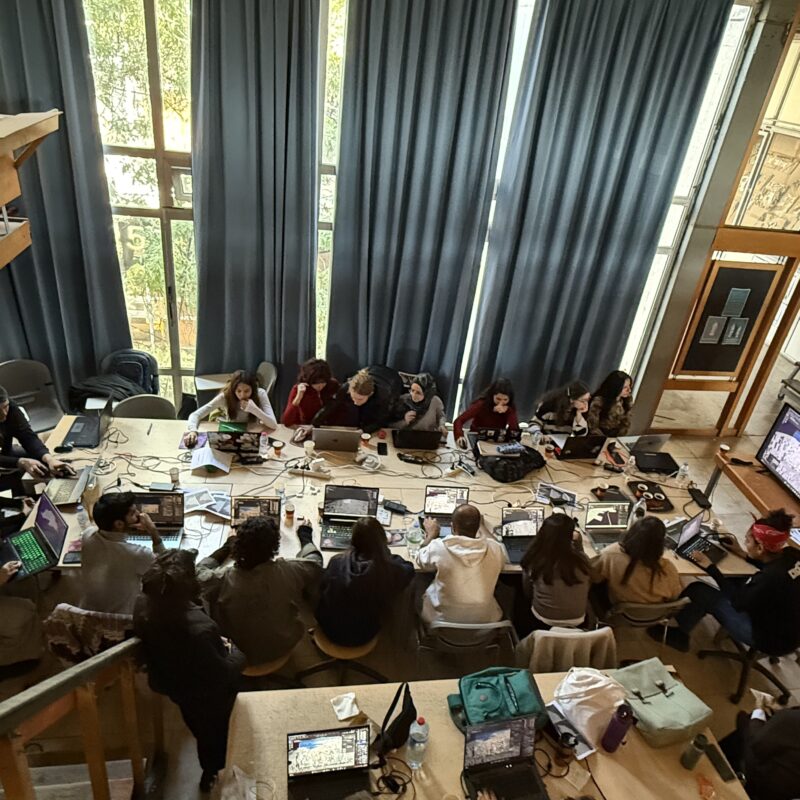Stockholm Environment Institute
Resilient Coasts – Caribbean Sea

Project information
 Location
Location
 Duration of the project
Duration of the project
 Time status
Time status
 Focus area
Focus area
 Ingår i utlysning
Ingår i utlysning
Caribbean islands and coastal communities are up to seven times more likely to be affected by natural disasters than larger states, and the damage caused is up to six times greater, according to an IMF study. Yet, healthy coastal ecosystems can buffer against the impacts of storms, flooding and rising sea levels. The project Resilient Coasts – Caribbean Sea, led by Stockholm Environment Institute, explores how communities can become more resilient by restoring for example mangroves, seagrass beds, and coral reefs.
A majority of the Caribbean’s critically important coastal ecosystems have disappeared in the recent decades, but many countries are seeking to reverse these trends. We now know that the unique built-in functions of coastal ecosystems mean that they can protect against many impacts of climate change, for example reducing the energy of the waves and acting as natural breakwaters. Coastal ecosystems also prevent erosion and contribute to income from fishing and tourism.
The project Resilient Coasts – Caribbean Sea explores how to best protect and restore coastal ecosystems, including how these nature-based solutions can be funded. It is a collaboration between Stockholm Environment Institute and governments, communities and organizations in eight countries: Aruba, Colombia, Costa Rica, Cuba, Dominican Republic, Jamaica, Mexico and Trinidad & Tobago.
The project is supported with 5 500 000 SEK.
The project is part of The Swedish Postcode Lottery Foundation’s initiative “Coastal Ecosystems”, which aims to contribute to the biodiversity of coastal ecosystems and their ability to protect against the negative effects of climate change along the coasts.
What’s happening in the project?
– The project is built around ‘living labs’, real-world testing environments to evaluate nature-based solutions for coastal resilience. It is a collaboration between various stakeholders such as researchers and representatives from local communities, civil society actors, authorities, and local businesses.
– Two living labs have been launched: one in Montecristi, Dominican Republic, which focuses on restoring mangroves, and in Varadero, Colombia, which seeks to preserve coral reefs.
– Local communities are closely involved in monitoring and capacity-building.
– The program will map and evaluate potential financing solutions for nature-based solutions in the Caribbean.
– Visits will be arranged for international financiers, as well as a networking event that connects donors, investors, and financial institutions, with managers of coastal ecosystems and organizations in the region.
Why is the project supported?
The project helps restore and protect more coastal ecosystems across the Caribbean, while strengthening the resilience of local communities facing extreme weather.





